Description
Baader Hyperion 36mm Aspheric
Specificaties van de Baader Hyperion 36mm Aspheric:
- Brandpuntsafstand: 36 mm
- Beeldveld: 68 graden (afov)
- “Eye-relief”: 20 mm
- Gewicht: 0,4 kg
- Coating: Baader Phantom coating
Aspherical Eyepiece with 31mm and 36mm focal length (with Phantom Coating® Group)
Aspherical Eyepiece:
Normally, near-the-edge, rays are refracted towards the center when passing a lens, as near-axis light beams. Therefore, the image field in an uncorrected system can become blurred to the edge. The aspherical correction of an optical system, as with these eyepieces, now resolves numerous imaging errors at once. The sharpness is achieved over the entire image field, the distortion is reduced to a minimum and the eyepiece can be made much smaller and lighter.
The eyepieces are each delivered with 1¼ “and 2” plug-in sleeves
Application of Baader 2″ Aspheric eyepieces
Aspheric 2″ eyepieces are launched against the world’s most powerful large-field eyepieces and offer compelling advantages: higher star-limit size, unsurpassed color accuracy, low weight and an attractive price.
The aspheric eyepiece design includes aspheric lens surfaces as they are now the standard in the most modern camera lenses to offer the best image performance over the entire image field. The Aspheric eyepiece construction allows for fewer glass surfaces and in combination with the extreme quality of the Phantom Group multi-device. An Aspheric eyepiece delivers a brighter, more contrast-rich image than even expensive expensive wide-angle eyepieces with spherical lenses.
The Aspheric face is 72 degrees only minimally larger than the largest viewing angle of the human eye (68 degrees). In this way, the entire star field can be surveyed at once without having to “roll” with the eyes. Many wide-angle eyepieces offer an impressive 80-degree field of vision and more, but they can not be overlooked at all and the available light is distributed over an area of too large, so that the image brightness (= star limit) and contrast are given away.
The larger the image angle of a wide-angle eyepiece is constructed, the more difficult it becomes for the ocular designer to produce a good insight.
Extreme wide-angle eyepieces, but also wide-angle eyepieces with simple lens construction, often have a very “nervous” insight. If the eye is moved back and forth only slightly, the image field has disappeared immediately. A nervous eyepiece is a frustrating experience, especially for working with students, guests or at the people’s day, because the observer obtain a good obervation.
In a direct comparison, all observers find that an Aspheric eyepiece exhibits finer stars and weaker structures in gas nebulies than much more expensive 2″ wide angle eyepieces. Technological progress is particularly dramatic here.
Photographic adapter threads for all types of projection photography:
Photographically, all conventional DSLR camera housings can be attached directly behind the eyepiece using the eye-side M43 or the SP 54 system lens. A huge selection of adapter threads and transition rings are available. Thus, the telescopic focal length can be changed almost arbitrarily if small star fields or planetary objects are to be documented with high resolution. A detailed guide is included with each eyepiece.
System suitability for projection photography:
Each Aspheric eyepiece is equipped with screw threads on both sides in order to be able to install it as a projection system in an optical beam path.
On the telescope side there is a 2″ SC thread in the eyepiece body which allows the eyepieces to be screwed firmly to the end of the tube of all Schmidt Cassegrain optics without a plug-in sleeve and without a zenith mirror.
Visually, this extremely short attachment allows for a larger true field of view than any wide-angle eyepiece with 2″ plug-in sleeve.
Two-eyed stereoscopic observation with Aspheric eyepieces:
Aspheric eyepieces are the only long-focal wide-angle 2″ eyepieces that can also be attached to astro-binoculars on both sides of the eyepiece. The Aspheric Eyepiece can be placed in any telescopic binocular, with the minimum eye distance not less than 56mm.
Baader Phantom Coating® Group
Baader Phantom Group Coating is a 7-ply broadband reflective coating with extremely low residual reflection. The term “group” indicates that the most effective anti-reflective layer system has been calculated for each individual glass group of the lenses used in the Hyperion eyepieces.
All these different anti-reflective layers on each individual glass surface have been optimized so that they are most effective where the human eye has its highest after-sensitivity – at approx. 520 nm – in the green area of the spectrum.
The best anti-reflective coating appears almost colourless: this proves that the anti-reflective coating is equally effective over the entire visible spectrum. Phantom Group anti-reflection coatings are almost completely colorless, depending on the type of glass. In this way it is ensured that the least light is lost for the night-adapted eye and that no stray light can occur.
If a tempered lens (eyepiece or lens) shows a strong green reflex when viewed from the front, this is not a Baader Phantom Group anti-reflection coating! The intense green reflex is a sign of a low-cost coating technique and means that most of the light is reflected in the spectral range between 500-550 nm, that is, lost.

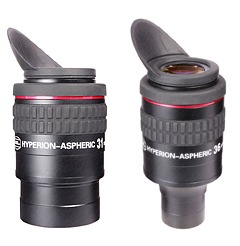
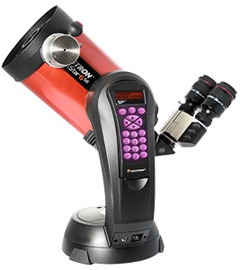
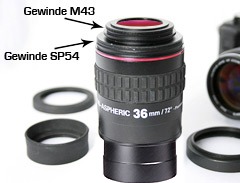
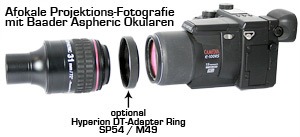
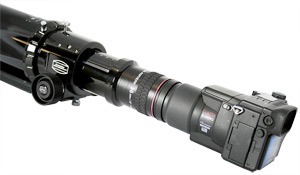
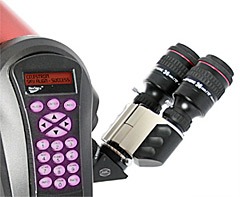
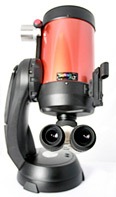
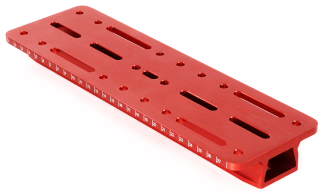
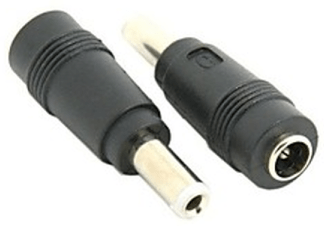
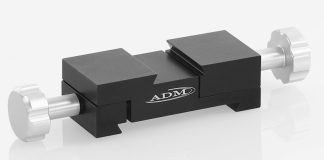
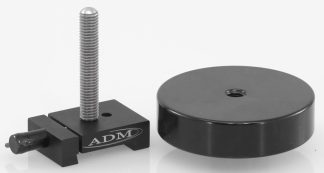
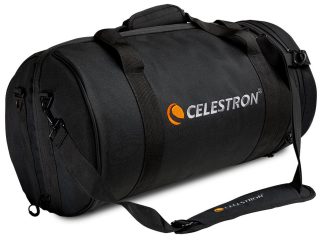
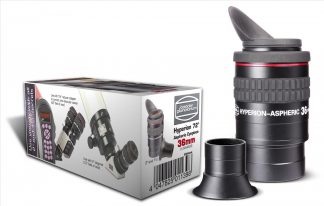
Reviews
There are no reviews yet.